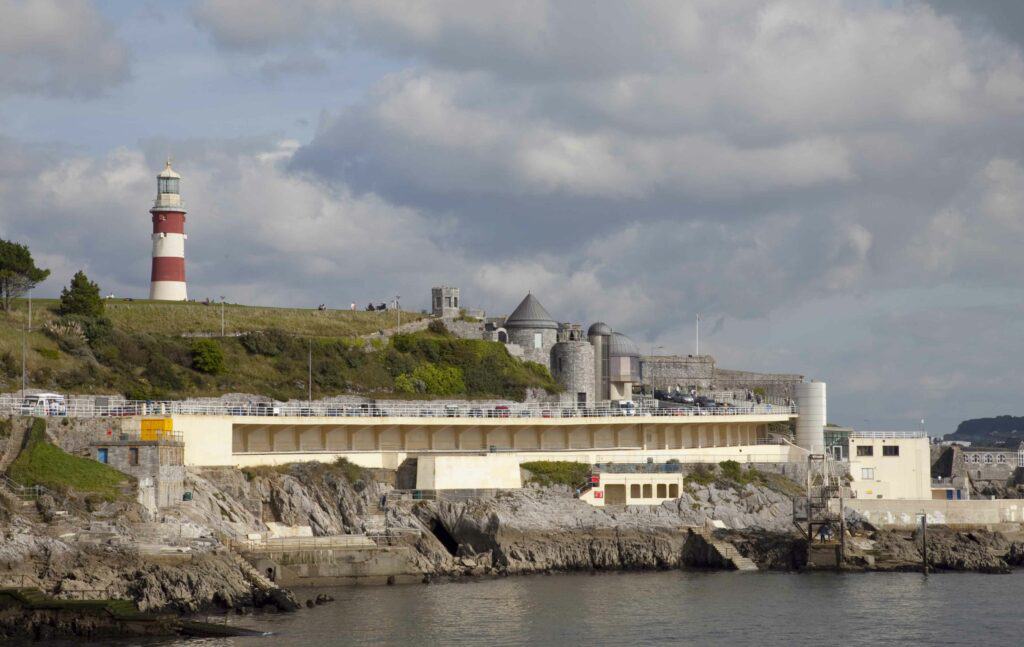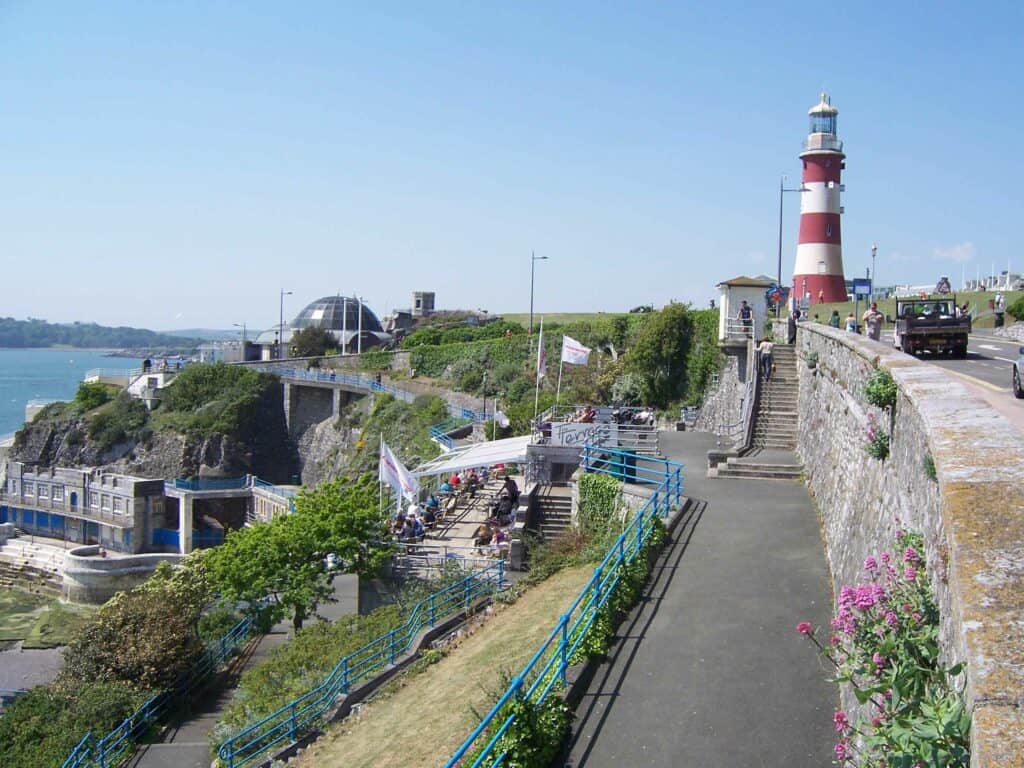City College Plymouth is at the heart of its community and offers high quality provision developed to meet its unique and diverse needs. It operates from three locations across the city, with the majority of provision based at the main Kings Road site, with pre-employment programmes run from our Breakwater Centre and higher education marine provision run out of the Centre for Higher Technical Innovation & Maritime Skills at the heart of the Ocean’s Gate Marine Enterprise location.
Locally, the College actively works in partnership with both Plymouth & Devon Local Authorities, sits within the Heart of the South West LEP, and is part of the South West Institute of Technology and the Greater South West initiative. We have been actively involved in the discussions over Devon and Torbay Local Authorities forming a devolved Tier 2 Combined Authority while working closely with our Plymouth Local Authority.



